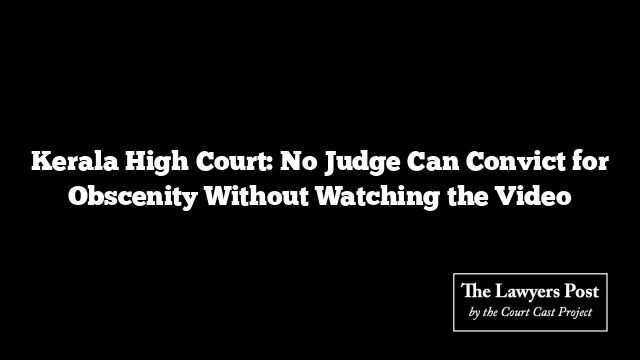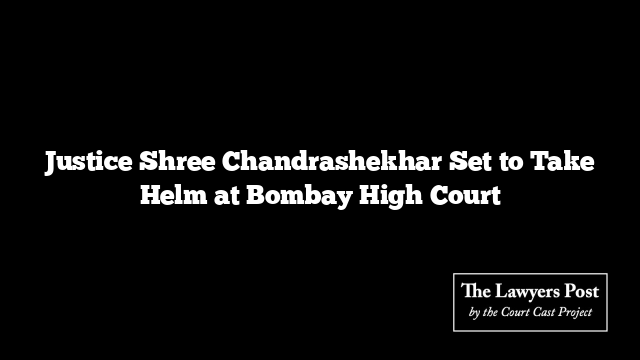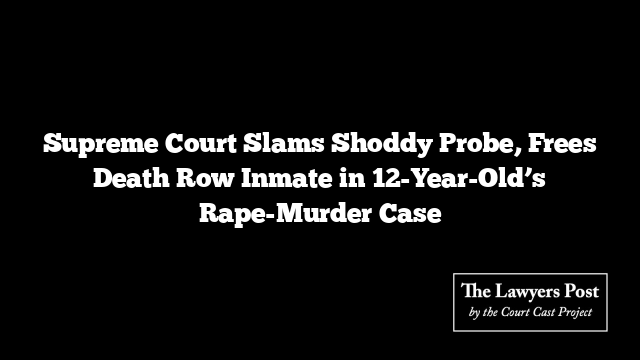In a ruling that underscores the importance of judicial scrutiny, the Kerala High Court has declared that a trial judge cannot convict someone for distributing obscene videos without personally viewing and verifying the content in question.
The case revolved around Harikumar, a video shop owner from Kottayam, accused of circulating ten cassettes said to contain obscene material. He was initially sentenced to two years in prison and fined ₹2,000 under Section 292 of the Indian Penal Code, a punishment later reduced by an appellate court to one year.
However, when the matter reached the High Court, Justice Kauser Edappagath found a glaring flaw: neither the trial court nor the appellate court had ever watched the cassettes. Instead, both had relied solely on witness statements and police reports.
The High Court stressed that such an approach cannot stand. Video cassettes, it ruled, are primary evidence under the Indian Evidence Act, and judges themselves must examine them to determine whether the content is obscene. Testimonies, however strong, cannot replace the court’s own inspection.
“When a video cassette is presented as obscene, the judge must personally watch it to assess if it truly appeals to lewd or prurient interests. Without that step, there is no substantive evidence to sustain a conviction,” the Court observed.
Since that critical requirement had been ignored at every stage, the High Court concluded Harikumar’s conviction was legally unsustainable. His sentence was set aside, and the revision petition allowed.





